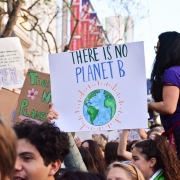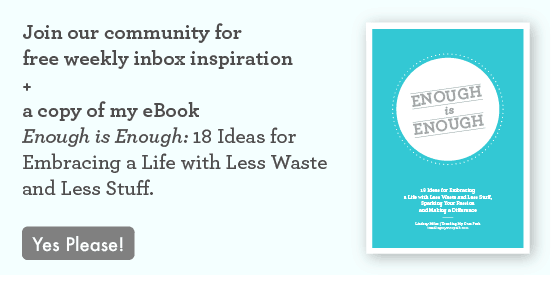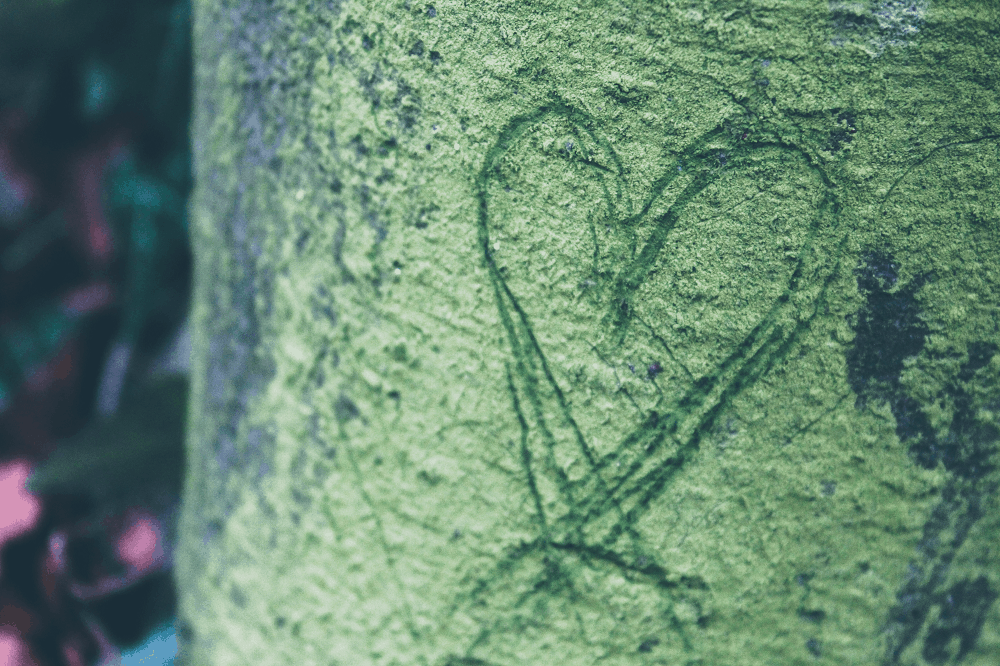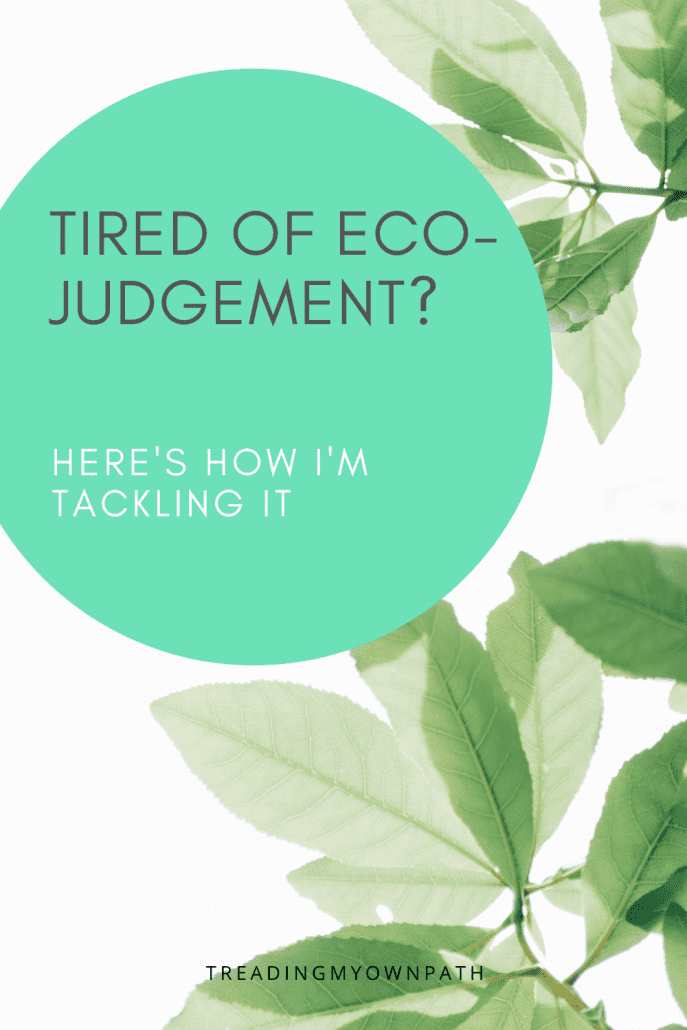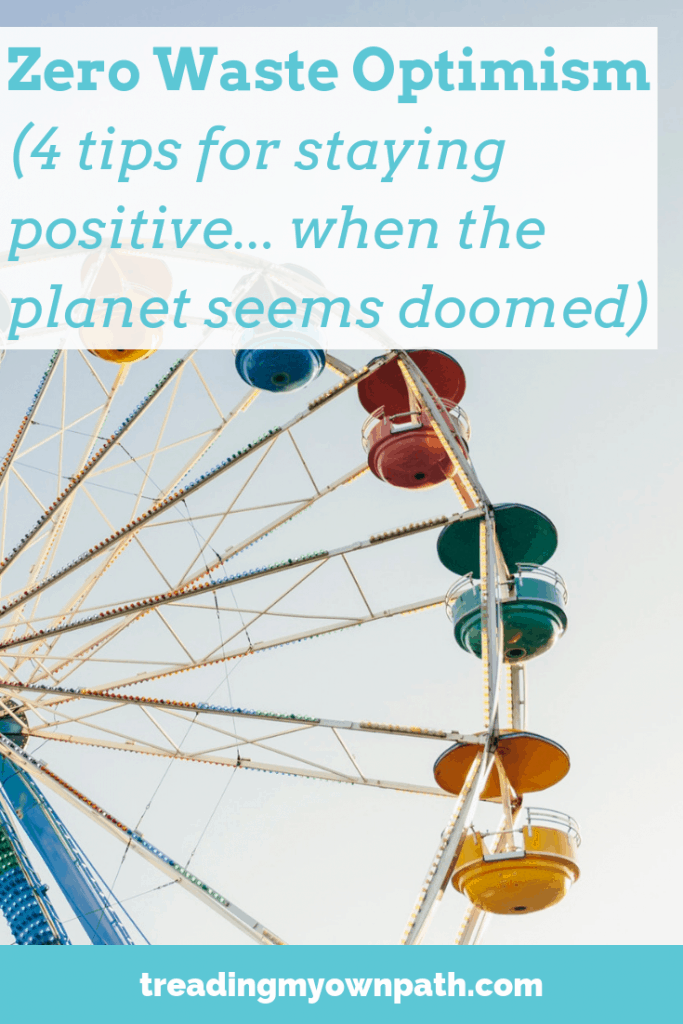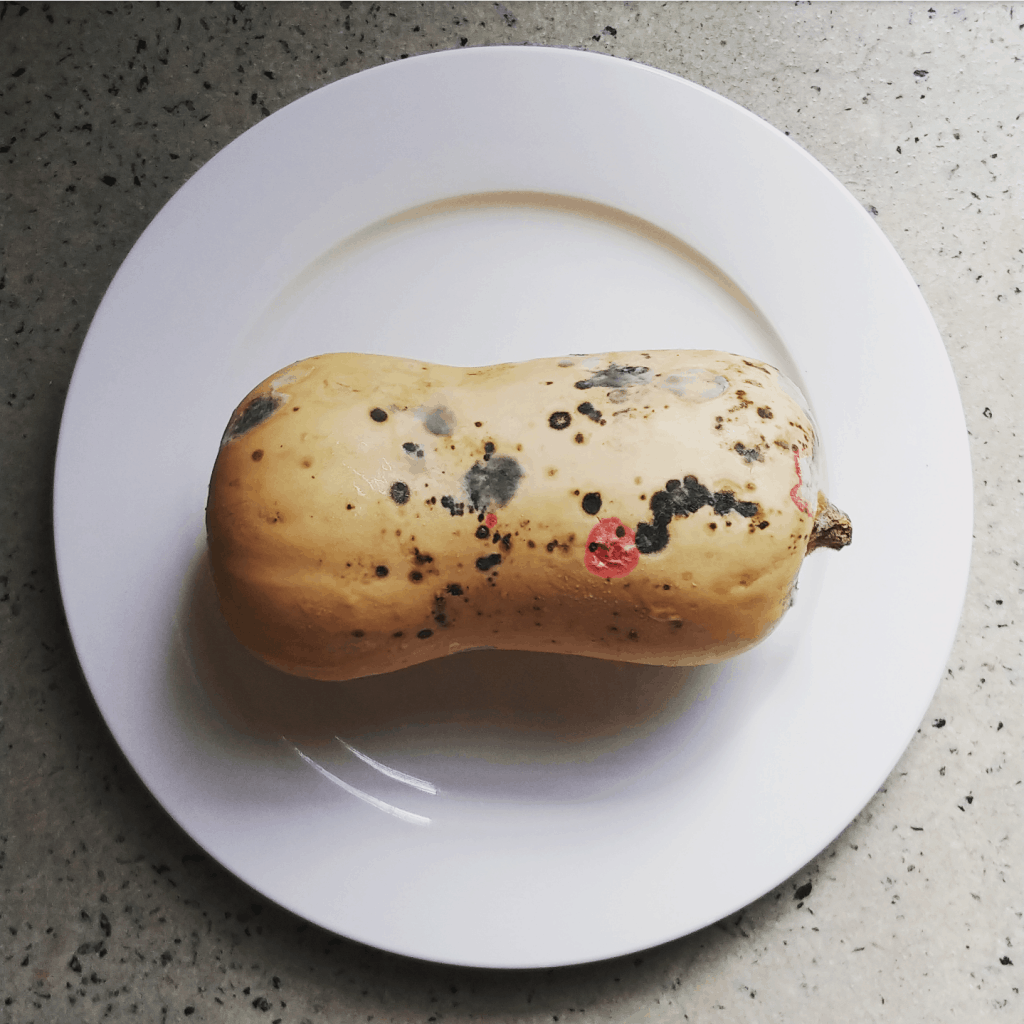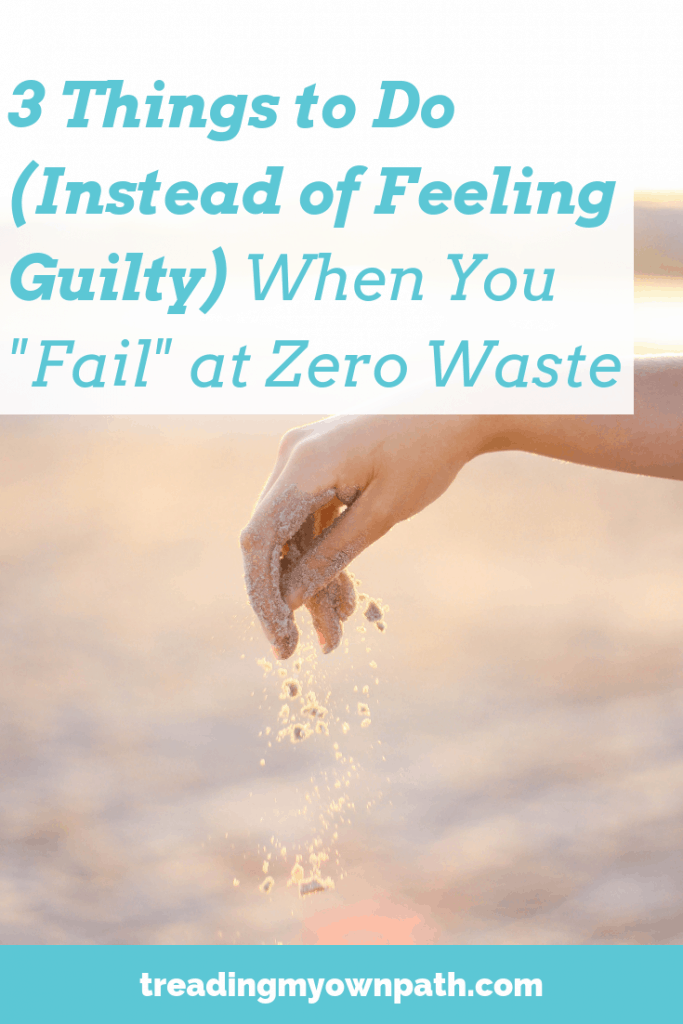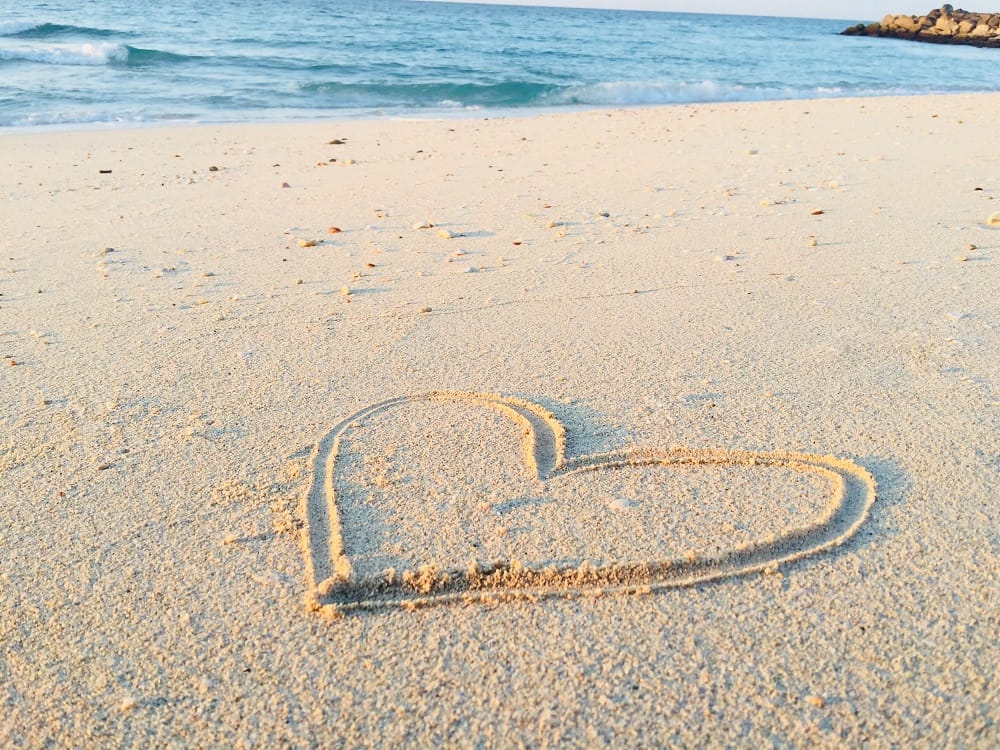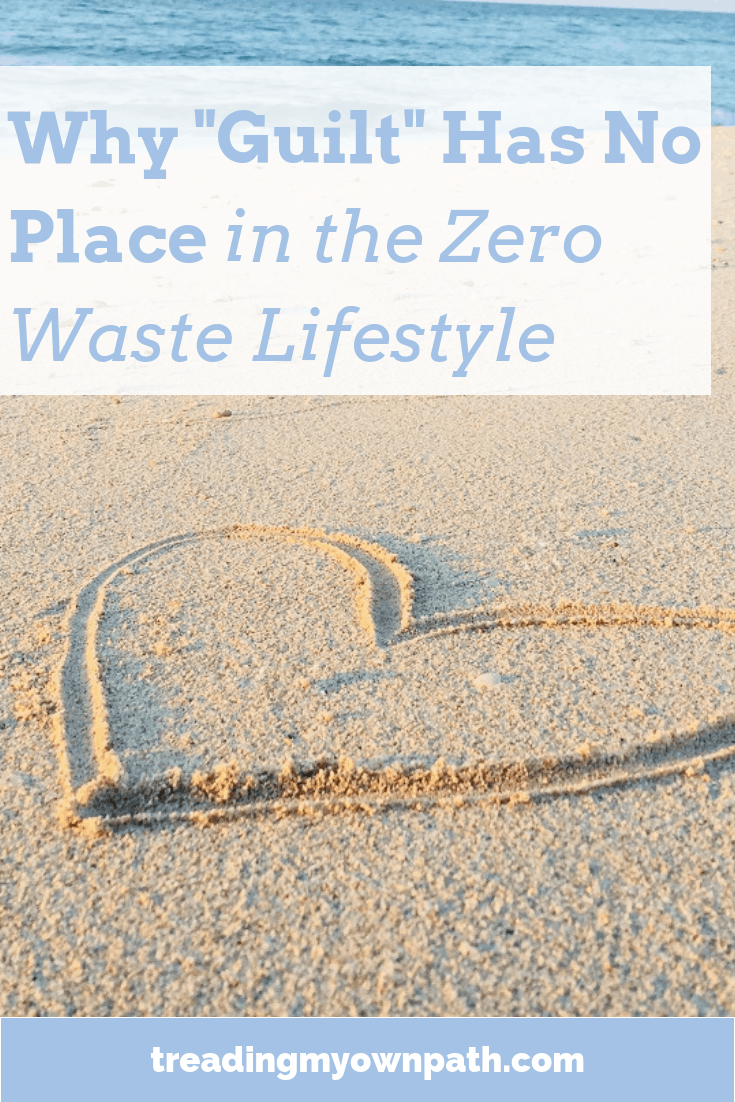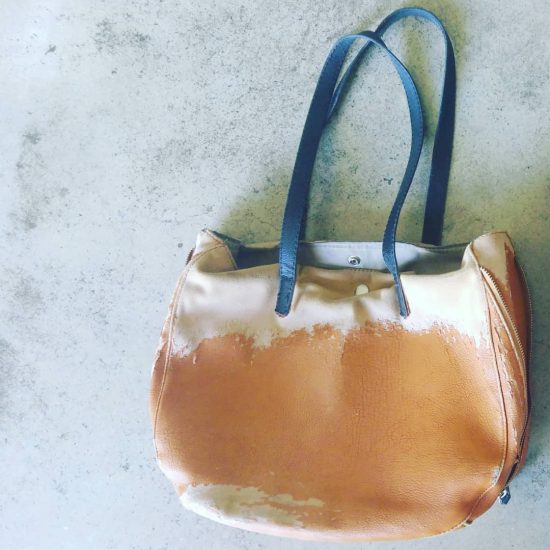Zero waste, plastic-free, low carbon living: do individual actions matter?
As someone who has written about individual action (such as making better personal choices, and eco-friendly swaps) a lot, I’m sure you can guess where I’m going with this. Yes – spoiler alert – our individual actions matter. But what do we actually mean when we say that they ‘matter’? Is individual action really enough? What else can we do beyond the simple swaps and personal choices?
Last year felt like a turbulent year for the planet. The Amazon, Indonesian, Borneo and the Congo rainforests were on fire, cyclones hit India and Bangladesh, there was a heatwave in Europe, flooding in Venice and Japan, a typhoon in the Philippines; and we began 2020 with unprecedented bushfires in Australia.
In the face of such disaster, clutching your reusable coffee cup really doesn’t feel like much of a comfort.
I have to tell you, the events of last year definitely shook me. I don’t just mean the weather events, but the narrative around them by those with vested interests in maintaining the status quo, the political decisions being made (or not made), and the seeming inaction on the part of those in power (manufacturers, corporations, businesses, politicians, governments).
I’ve felt angry, I’ve felt sad, I’ve felt frustrated, I’ve felt furious, I’ve felt despondent. Have I felt hopeless? I’ve possibly come close once or twice. But through all the ups and downs, I’ve felt determined. Determined to do what I can.
And as big and sometimes daunting as these issues can seem, there is definitely a place for individual action.
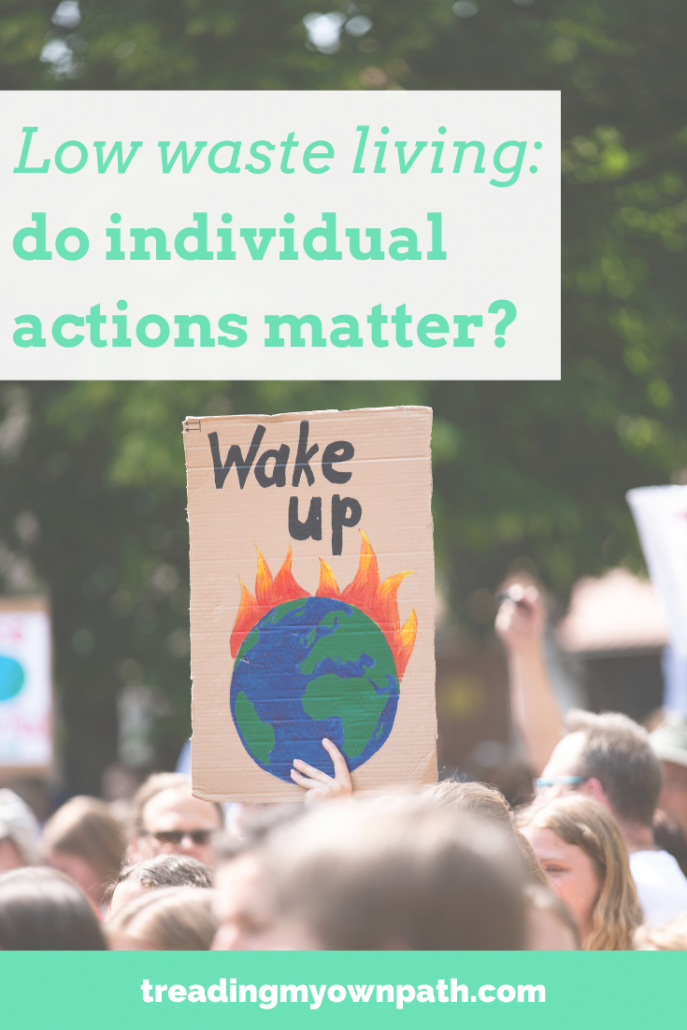
Why individual actions matter
Everything we do and every choice we make has some kind of impact, so let’s have the best impact we can. Why wouldn’t we want to make the best choices that we can? If I know that there is a better option, I have access to that option and there are no barriers to me making that choice, it’s a no-brainer. For me it’s about living my values. Whether that’s consuming less, buying ethical and fair trade, avoiding plastic, boycotting fast fashion, choosing vegan, or something else, trying to do better for the planet, people and animals is always going to be a good thing.
It’s about being a good citizen. Recognizing that others are affected (for good or bad) by the choices we make. We are voting with our money about the kind of world we want to live in when we make choices about the products we buy and businesses we buy from (or choose to boycott).
Small choices add up. You’ve probably read the quote “it’s only one straw, said 8 billion people”. If we make choices often – or if many of us are making these same choices – the opportunity to have an impact is huge. When lots of people are making these same choices, businesses and governments begin to take note.
We all have the power to influence others, and leading by example is a great way to do that. Whether you inspire your local church group to ditch the single-use disposables for events, persuade your school to remove plastic straws from the dining room, encourage your boss to create a sustainability action plan at work on influence your climate-denying uncle to invest in a reusable coffee cup, our actions and choices create ripples. Slowly but surely, we can demonstrate a different way of doing things, and create a new normal.
It feels good to make sustainable and ethical choices. Simple but true.
Where individual actions fall short
Individual swaps alone do not challenge – and change – the systems. For example, you can choose to purchase every single thing you buy without packaging by shopping at bulk stores, make food from scratch and opt for second-hand. But the system still produces food in packaging, advertises ready-to-go meals and prepared food and encourages society as a whole to buy new. You can invest in solar panels and swap the car for a bicycle, but the system still relies on fossil fuels. We can feel good about our personal choices whilst recognising that to change the systems, we have to think beyond individual swaps.
Its not an equal playing field. Not all of us have access to bulk stores, organic vegan cafes, homegrown food, supportive friends, excellent public transport or a cohesive community. We don’t all have fabulous cooking skills, high energy levels, plenty of time, few responsibilities, or a healthy household budget. What’s easy and accessible for one is completely out of reach for another.
Individual actions don’t do anything to address these inequalities – and if we want society as a whole to change, these options need to be within reach of the majority, not the few. Yes, those of us with the opportunity to do more must definitely do what we can, we just need to understand that the change we can bring about with individual actions will always be limited if these choices are out of reach for many.
Individual actions focus on the individual. It’s where a lot of us start – but eventually we need to think beyond ourselves. Whether that’s our local community, our workplaces, social places, sports clubs, churches, our local councils or our politicians. How can we amplify what we know? How can we share what we learn, influence others, question decision-makers, apply pressure and demand change? If we stay at the ‘consumer choice’ level of participation, our influence (and impact) will be limited.
Think about changing your mindset
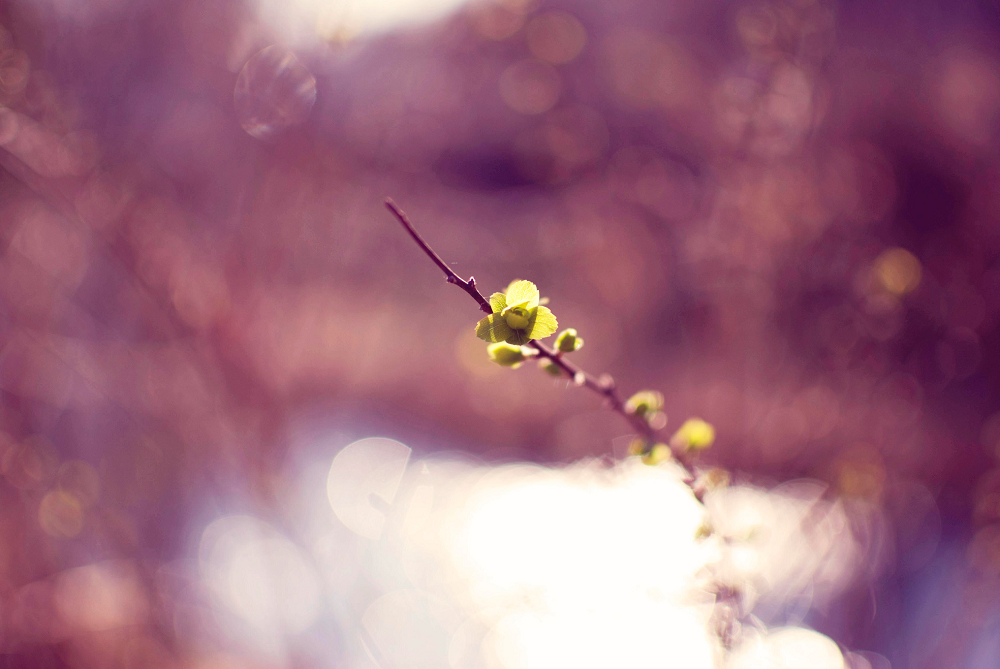
Individual action, making better personal choices and simple swaps are an excellent place to start. As long as we’re not under the illusion that switching out our washing-up liquid for a plastic-free and eco-friendly option is literally going to save the planet (credit where credit’s due of course, but let’s not overstate our impact).
But in the same way that we don’t get to take too much credit for our individual actions, we also can’t let ourselves take on too much of the burden.
It’s not your fault.
Don’t have access to a bulk store? Drove the car because you couldn’t face walking in the rain for 20 minutes to catch the bus? Forgot your reusable coffee cup and ended up with a disposable? Took a flight to visit your grandma overseas? Being human means being imperfect. It’s not our fault that we don’t have access to everything we’d like access to. It’s not our fault that we live in a system that encourages waste, or that we have to make decisions that are less than ‘perfect’.
We can be a part of the system whilst recognizing that is flawed. We can be part of a system whilst recognizing the need for it to change. Rather than blaming ourselves for choices we have little control over, it’s more productive to see the issue as a fault of a system, and to look for ways to actively change that system for the better.
Stop feeling guilty.
I think a lot of us feel some kind of guilt when it comes to trying to live more sustainably, but as we mentioned earlier, it isn’t a level playing field, and we don’t have access to all the options.
Companies in particular have jumped on this, to shift any blame from them to us.
Some examples of this: companies telling us their packaging is recyclable or compostable, but not investing in infrastructure that ensures their products will actually be recycled or composted where we live (suddenly it becomes our fault for not wanting to take the epic trip to the next town or the council’s fault for not accommodating their product). Another example: airlines giving customers the option of buying carbon offsets themselves (which means only those who both care AND can afford to do so will do so), rather than committing to offset every flight they make themselves out of their profits.
Don’t give companies the satisfaction of feeling guilty for their inaction. If you can’t make a choice that you’d like to make, ask yourself what is stopping you – what part of the system is making it difficult for you? That’s where you need to focus your energy – not on blaming yourself.
Being smug isn’t helpful.
Luckily for some of us, we have easy access to the bulk store, we live right next to the bus stop (and the live app tells us if the bus is running late or not), we never forget your reusable coffee cup and grandma lives two streets away. But it’s a hollow victory when others don’t have these options. Rather than sitting back and feeling pleased with ourselves that circumstance has worked in our favour, we can channel our efforts into leveling the playing field, and increasing accessibility for those with less.
How to take action (if you want to)
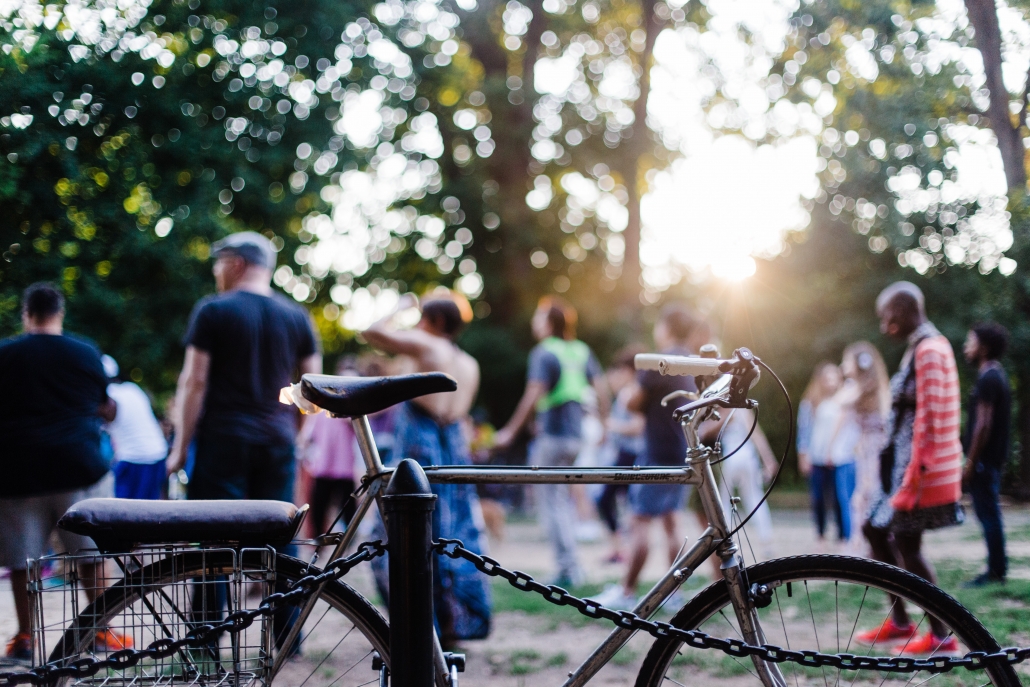
After all this talk of burden and guilt, the last thing I’m going to do is tell you to do more. If individual swaps is where you’re at, that is great. The more people making sustainable choices, the better. I applaud your efforts.
But if you’re feeling that you’re at a place where you are ready to do more, here are some ideas.
- Use your voice. Start conversations, share ideas, acknowledge successes and call out concerns.
- Demand action from those in power. Write letters or send emails to your local council or MPs. Tell them what you’re frustrated with and what you’d like to see them act on, and tell them how you’d like them to act. What is it that you’d like them to do? Ask them to reply to you with their response.
- Get involved with your local community. Whether you’d like to join a political activism group or you’re more comfortable connecting with the community garden or heading to a sewing group, meeting the people who live where you live is the first step in strengthening your community.
- Donate where you can. If you’re in a position where you can donate money, think about the organisations you most want to strengthen. Would you prefer to donate to political groups, those working to improve the environment, alleviating poverty, improving access to education?
- Give your time. If you can’t afford to donate money, can you donate your time instead? Volunteering for tree planting or food rescue, ocean and river cleanups, working in a charity shop or manning a stall at a festival are all options.
Individual actions matter. But the biggest change will come not when we skip the plastic bag and refuse the disposable coffee cup, but when we start to think about how we can influence those around us, and connect with others to amplify our impact.
Now I’d love to hear from you! How do you feel about individual action? How have your thoughts on this changed over time? Do you have any suggestions for ways we can amplify our impact beyond simple swaps? Please share your thoughts in the comments below!

